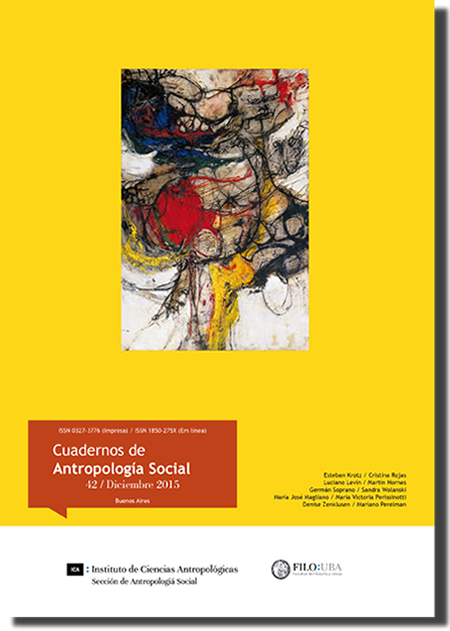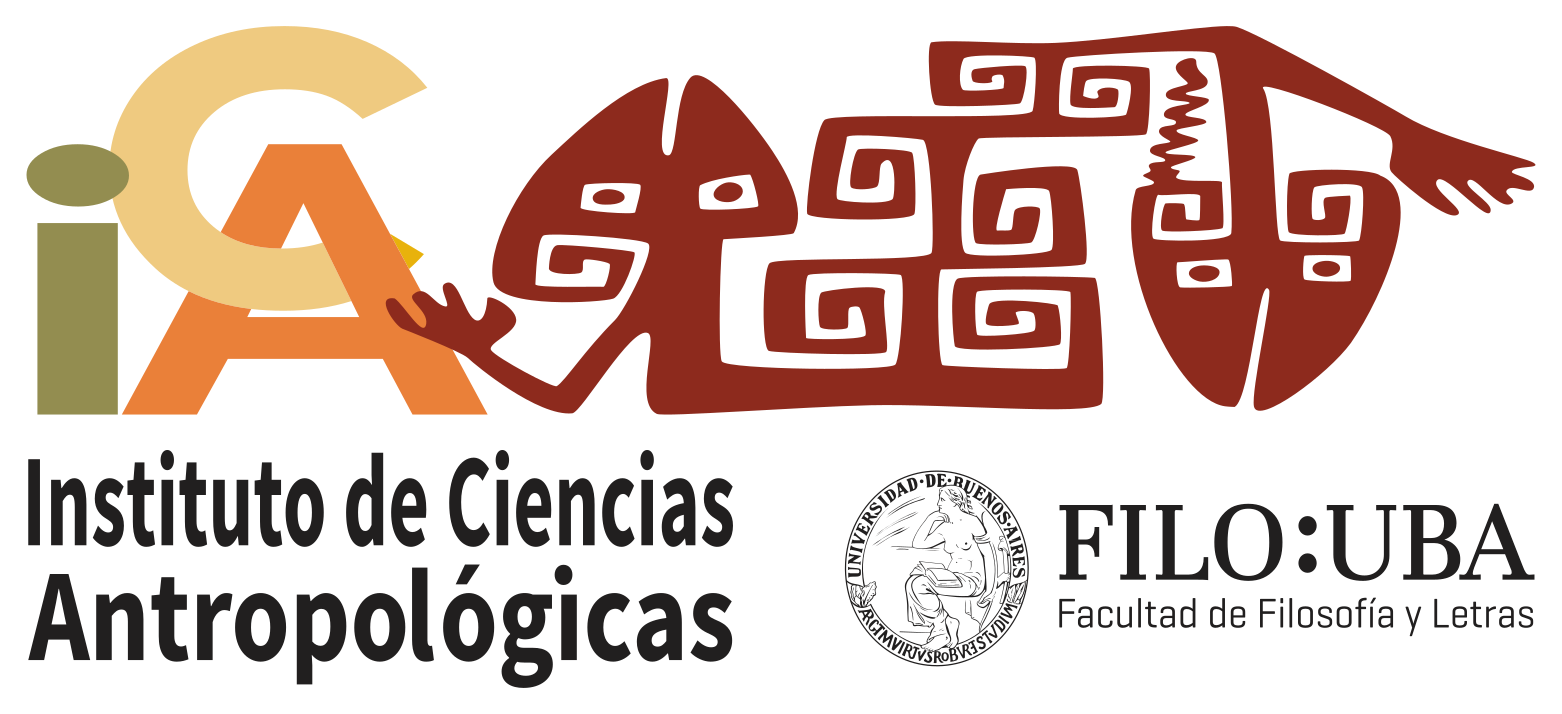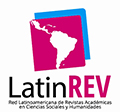Indigenous citizenship: historical struggles for equality and colonial difference in Bolivia
Abstract
This paper argues that historically, indigenous peoples in Bolivia have been aware of the limits of citizenship and Western politics in countering the exclusion of their life-world from modernity. However, notwithstanding this, they have not entirely discarded the concept of citizenship, but have supplemented it in novel ways in order to reinstate a place for their own life-world. Two key concepts guide the discussion. This first is the concept of equality inspired by Jacques Rancière’s emphasis on a presupposition of equality by the excluded, those who do not count, and the literature on ‘acts of citizenship’. The second concept is that of “colonial difference” invoked to modify the world that has excluded indigenous peoples and to reinstate a place for their own life-world. The paper suggests that the concept of ‘acts of indigenship’ is a productive way to apprehend and analyze the transformative potential of combining concepts of indigeneity and citizenship.Downloads

Esta obra está bajo una Licencia Creative Commons Atribución 4.0 Internacional
Cuadernos de Antropología Social sostiene su compromiso con las políticas de Acceso Abierto a la información científica, al considerar que tanto las publicaciones científicas como las investigaciones financiadas con fondos públicos deben circular en Internet en forma libre, gratuita y sin restricciones.
Los contenidos y opiniones expresadas en los artículos publicados son de entera responsabilidad de sus autores.
Los autores/as que publiquen en esta revista aceptan las siguientes condiciones:
- Los autores/as conservan los derechos de autor y ceden a la revista el derecho de la primera publicación, bajo la licencia de atribución de Creative Commons, que permite a terceros utilizar lo publicado siempre que mencionen la autoría del trabajo y a la primera publicación en esta revista.
- Los autores/as pueden realizar otros acuerdos contractuales independientes y adicionales para la distribución no exclusiva de la versión del artículo publicado en esta revista (p. ej., incluirlo en un repositorio institucional o publicarlo en un libro) siempre que indiquen claramente que el trabajo se publicó por primera vez en esta revista.















